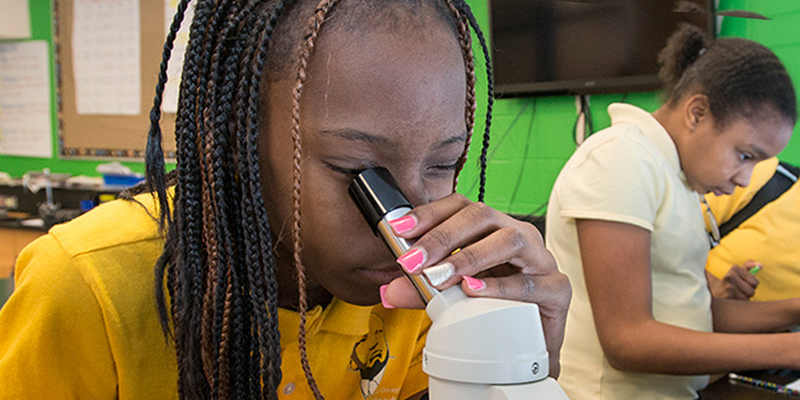Health Lab Intellectual and Developmental Disability Services and Crisis Response
Public Health and Safety Portfolio
An estimated 7.4 million Americans live with intellectual or developmental disabilities (IDD). Adults with IDD experience particularly prevalent mental health challenges. One recent review indicates that 21-34% of adults who live with intellectual disability experience mental health disorders, with elevated prevalence of serious mental illnesses such as bipolar disorder, psychosis, and schizophrenia. Persons living with autism spectrum disorders experience sharply increased prevalence of depression, anxiety, sleep difficulties, suicidality, and serious mental illness, and are more likely to experience behavioral crises that occasion challenging contacts with police. Adults living with Down Syndrome are less likely than other adults living with IDDs to be diagnosed with serious mental illness, but experience sharply higher rates of early-onset dementia that bring accompanying challenges which sometimes require police and medical emergency response.
Health Lab has surveyed 43 states regarding accreditation requirements pertinent to aggression and de-escalation. Health Lab is also partnering with the Rush University Fragile X clinic, Research Triangle Institute, and other partners to conduct a national survey of fragile X caregivers to understand family experiences with emergency first response systems including 988 and 911. These surveys will include detailed qualitative interviews with caregivers who have experienced aggression issues.





